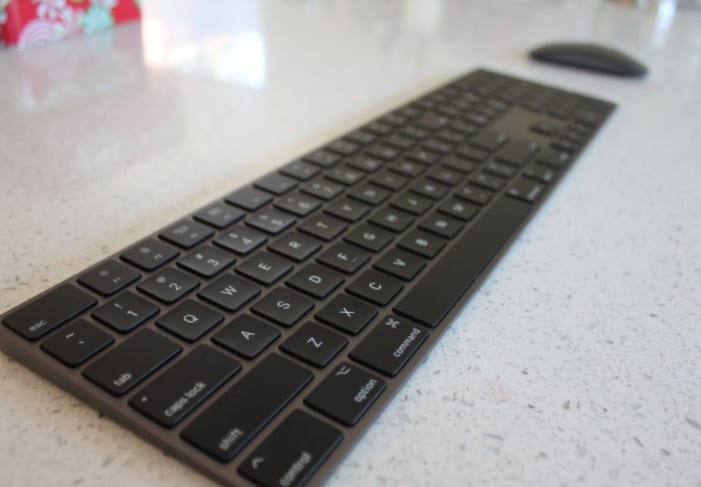
If your dream job was to become a full-time “bed potato,” NASA wants to make that a reality — at least for a few months.
NASA and the European Space Agency (DLR) are offering $19,000 to 24 participants — 12 men and 12 women — to stay in bed for at least two months. The objective of the study is to “research how the body changes in weightlessness,” according to DLR’s statement. By doing so, space scientists hope to create methods that can counteract the impacts of weightlessness. (This would save astronauts from having to spend much of their time in the space station exercising.)
If this sounds to you like a risky opportunity with more than a few catches, you’re absolutely right. The $19,000 come with some strings attached, and not everyone will qualify. It also sounds like a pretty miserable experience, so unless you have time to spare and really need the extra money, it’s probably not worth considering.
This doesn’t sound so appetizing
For starters, you must be able to speak German and be between 24 to 55. Your job won’t be to just lie in bed and binge on Netflix or Amazon Prime as scientists poke and prod you. There’s talk of at least one centrifuge, and your body would have to be tilted slightly downward at an angle to pool your bodily fluids into your upper body.
There will be “15 days of familiarization, 60 days of bed rest and then 14 days of rest and astronaut rehab, where you will be fit for everyday life again,” DLR says on its website. Participants will live in a single room in the research facility, and “eating, washing, showering, going to the toilet, leisure activities” will take place lying down. Yikes.
DLR also notes that the meals will not be “extra healthy.”
If you do enough Googling, you’ll find that there are dozens and dozens of opportunities to participate in studies that are far more appealing and appetizing, like getting paid $300 to eat a ton of avocados for a weight loss experiment. (And who doesn’t love avocados?)
A few upsides
“Participation in the study was a very special and good experience for me. Who can say, ‘I participated in a study for NASA?’ This also impresses with job interviews,” says Janja, a participant in a bed rest study in 2017.
(Granted, this is a testimonial listed on DLR’s website, so it should be taken with a grain of salt.)
If you have trouble waking up in the morning and have a few weeks of freedom, however, it wouldn’t hurt to consider the offer. After all, if lying down is what it takes to propel the human race into the final frontier, why not contribute to the cause and get a ton of money in the process?
There are apps that will pay you to drop people off at their destinations, deliver food or walk pets, but this offer sounds a lot better than all those combined. (The median household income in America is $56,516, which means getting $19,000 for two months puts participants in this study well above the national average.) Plus, there’s no shame in donating your body to science for a short period of time.
If you’re up for the challenge, apply via DLR’s website.























